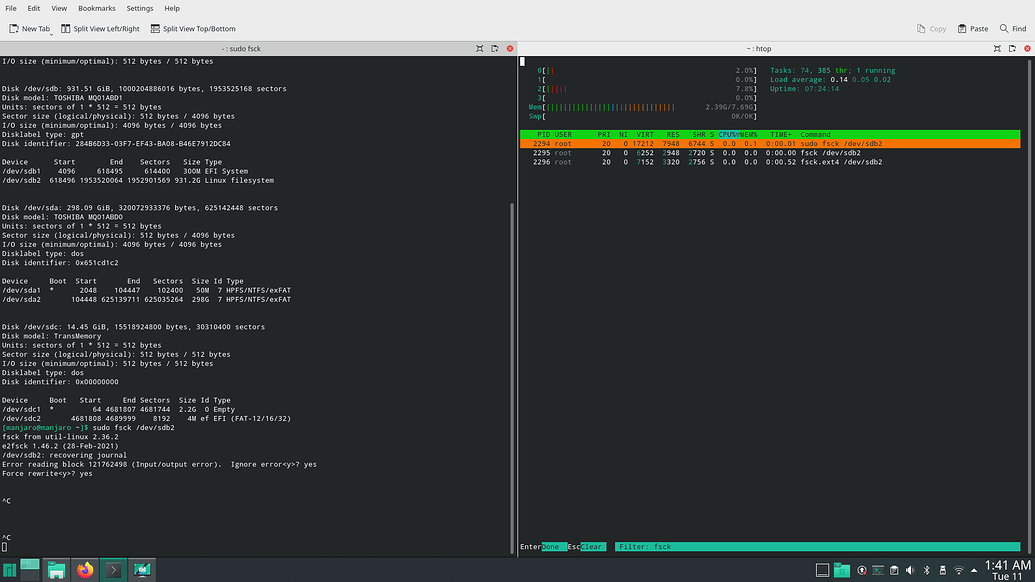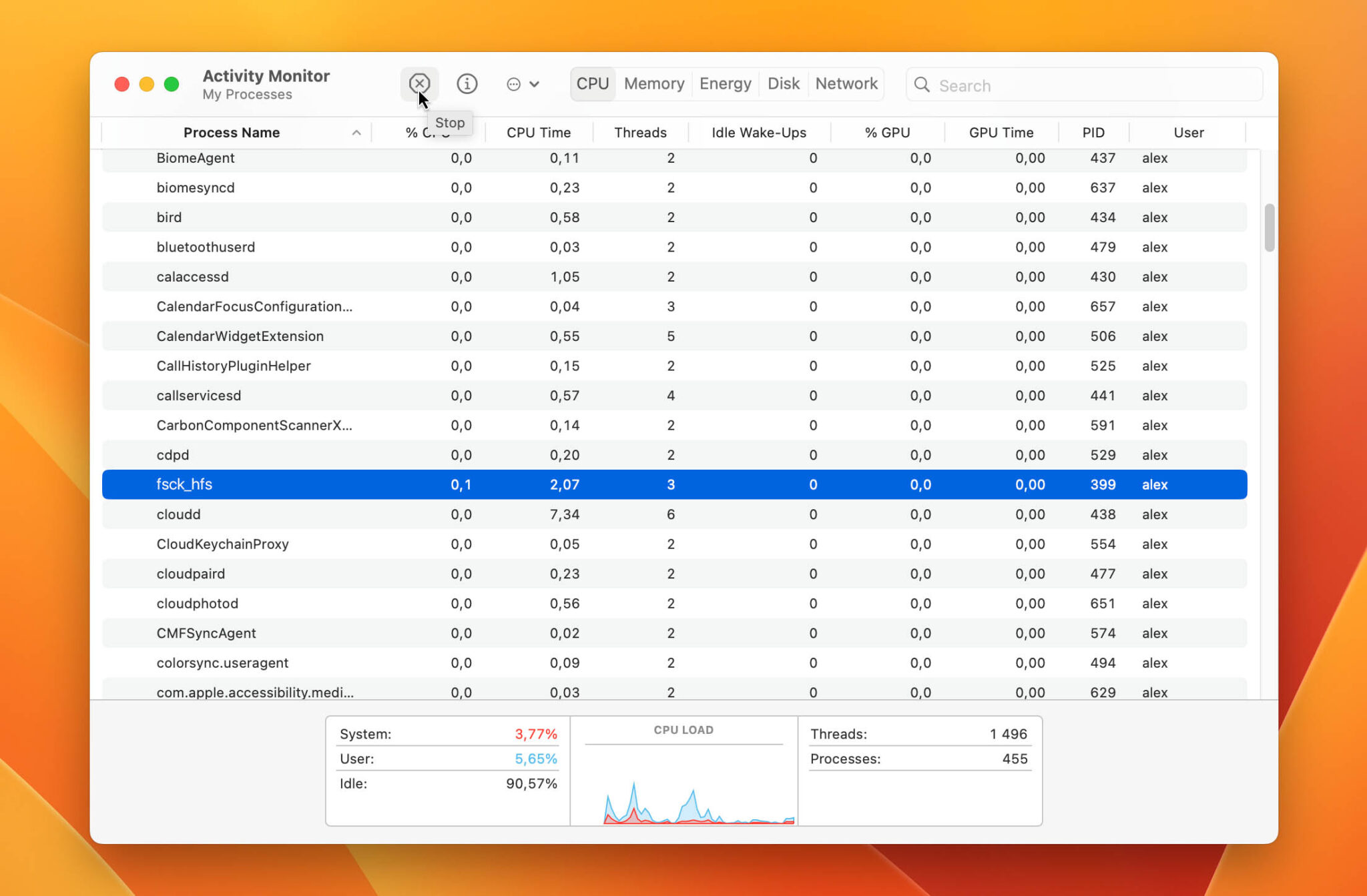Build A Tips About How To Stop Fsck

How does fsck force work at every boot on a linux?
How to stop fsck. Well, you could always remove the fsck hook from /etc/mkinitcpio.conf — see below — and rebuild your initramfs. The first step is to run a filesystem health check through a tool like tune2fs. 0% complete may still come up but.
Pretty simple and straight forward. You'll also find a command that shows when a partition was last. This process will take too long and press ctrl + c does not have any effect.
Say we would want to. If you use the base mkinitcpio hook, you can force fsck. Depends on the filesystem and the actual checking.
The kernel parameter fsck.mode=skip can be used to make sure fsck is disabled entirely for both options. Repeat the fsck command if there were errors; To only skip fsck once (rather than disabling it permanently via fstab, or tune2fs) try these options:
The command line option fsck.mode=skip can be used to skip the disk check when booting ubuntu 20.04. When rebooting the server use the following command. 1 will run fsck first on this partition at boot.
Also can disable the filesystem check on boot. The command line option fsck.mode=skip can be used to skip the disk check when booting ubuntu 20.04. Auto fixing of detected errors with fsck.
Running fsck in rescue mode requires a few more. Run fsck in rescue mode. Above command will reboot the system.
Temporarily add the fastboot grub parameter before booting. For example, to determine the most recent and successful filesystem check, we would. 0% complete may still come up but fsck will not.
On a debian or ubuntu linux /etc/init.d/checkfs.sh (or /etc/init/mountall.conf on a ubuntu lts v14.04+) is used. The default is check every 180 days and or 23 mounts. This article explains how to force fsck to run at boot time in two ways, which work with systemd.
If it does, you may want to remove it in order to avoid fsck on every system boot. Press ctrl+c to cancel all filesystem checks in progress. Let’s explore a bit more on fsck and settings.

















